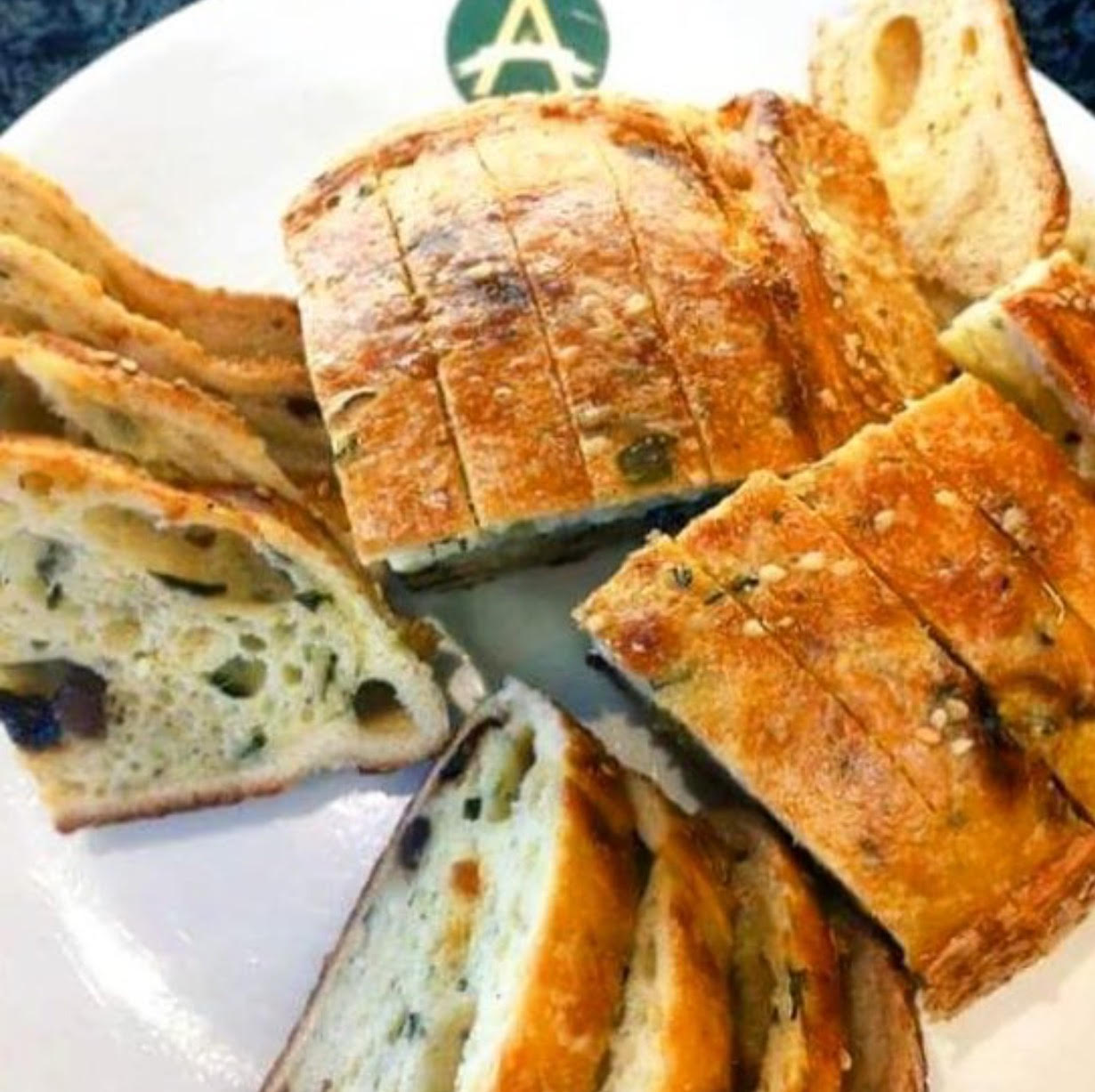Easter is a wonderful time to be on the island. It is the most important holiday of the Christian year with week-long religious celebrations and traditions. It is marked with a burst of spring sunshine that gently unfolds on the island, filled with endless green meadows and colourful flowers!
Now here's a short and sweet insight into our local traditions:
Following a crazy and festive carnival season with lots and lots of meat eating, a fasting season called “Apokria” (without meat) begins 40 days before Easter Sunday. Although fasting is stricter among people living in the villages, many take this fasting opportunity to exclude all dairy, meat and poultry products from their diets

As Easter approaches, an air of festivity envelops the towns and villages. Expectations are high and the buzz is clearly felt. During Holy Week, also known as Megali Evdomatha (the week before Easter Sunday), churches hold services both early in the morning and in the evening. People take this opportunity to bake traditional Cypriot Easter food and go shopping for new clothes. In particular, Thursday of holy week, is the day when Flaounes are made. This traditional type of bread is small and triangular made of flour, eggs, cheese, mint and sometimes raisins - recipes vary according to region - and is sprinkled with sesame seeds. Eggs are also dyed in red and decorated in baskets, an ancient symbol of new life, the colour symbolizing the blood of Christ. In general houses and streets fill the air with the sweet-smelling scent of pastries and sweets.
This atmosphere in combination with the tangy smell of orange blossoms along with the soothing hymns emanating from nearby churches, culminate in a spiritual yet majestic feeling- a feeling that is distinct to the days leading up to Easter.
On Good Friday, called “Great Friday” in Cyprus, people bring flowers to church in the morning to decorate the “epitafios” which represents the tomb of Christ. The “coffin” is covered in an embroidered cloth and the bier is covered entirely with flowers. Crowds of people march it through the streets, ending back at the church.
On Holy Saturday, a midnight vigil is held to herald the “Anastasis” (Resurrection) of Christ. At 11pm church bells begin to sound calling people to gather around with their unlit 'lambades' (candles) to celebrate Jesus Christ's resurrection. Wood is gathered and piled up to create a bonfire in the churchyards to symbolize the burning of Judas.
Later, when midnight arrives, the church bells ring out in celebration. People then pass the “Holy Flame” from candle to candle, beginning with the candle from the priest. Finally, everyone walks home carrying their candle and saying to those they see “Christ is risen!” (Christos Anesti!) and the traditional reply is, “He is risen indeed!” (Alithos Anesti!). It is a spectacular sight with firework displays on the way home whist people hurry home to enjoy ‘Easter Soup’

On Easter Sunday, families and friends get together to enjoy a family feast which breaks the 40-day fast. Barbequed lamb being the main dish. Accompanying the lamb is the ‘Easter soup called “magiritsa,” red-dyed boiled eggs, Flaounes, and Tsoureki Greece’s special Easter bread. Of course the Cypriot table offers many other rich foods and anyone dropping in is made to feel that extraordinary hospitality unique to Cyprus
So, this is Easter in Cyprus! A time of great celebration and an ideal time to visit the island and study English in Cyprus. A time to get to know Cypriot traditions and the Cypriots at their best!






138 Vasileos Costantinou
Limassol 3080
Cyprus



